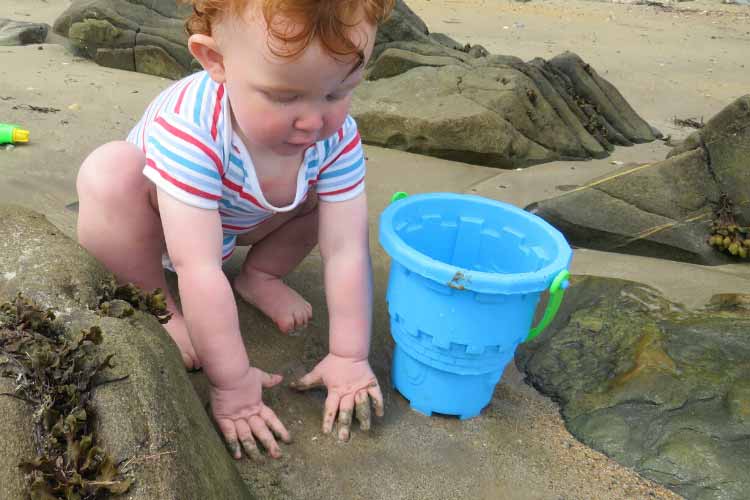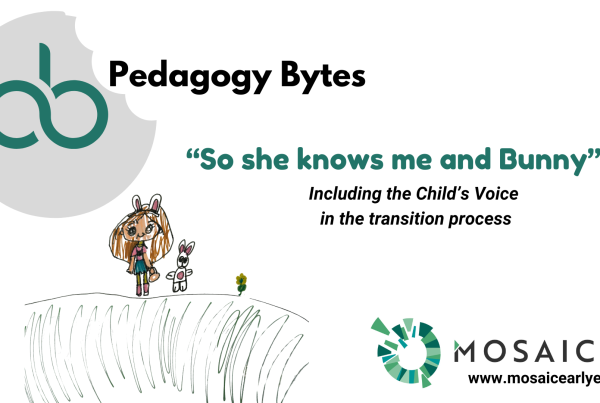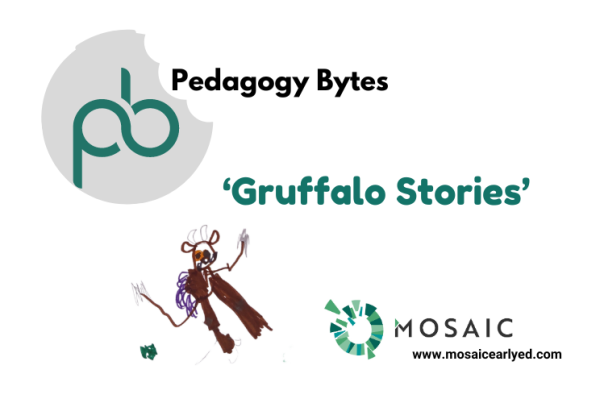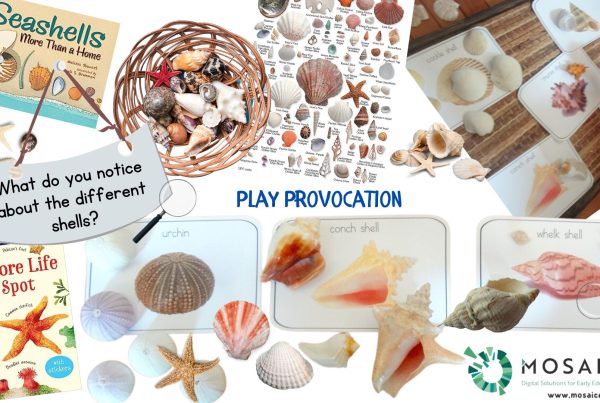Ireland’s coastline offers a natural limitless playground for young children presenting an abundance of opportunities for holistic well-being, learning and development. The most natural way to help children engage their senses is by playing outside with nature, full of colours, movement, textures, sounds and smells. These opportunities are abundant at the beach or shore.
The unbeatable advantage of the beach as a learning environment is that it constantly changes (due to natural forces) while retaining stable elements, and objects, in it. The beach is an emotionally safe environment where children have the freedom to explore, to observe the ever-changing environment, to take risks and to learn to assess risk for themselves.
Learning through the senses
Play on the beach engages the child’s full range of senses presenting learning opportunities in a real and natural context through discovery, investigation, and questioning. Sensory play is much more than touch and includes any activity that stimulates a young child’s senses of touch, smell, taste, sight and hearing, as well as anything which engages movement and balance. In a world of plastic toys, attention to sensory experiences outdoors in early childhood is crucial.
Sensory activities support children to use the ‘scientific method’ of observing, forming a hypothesis, experimenting, and making conclusions. As the child develops trust and understanding through sensory exploration of objects, tastes and smells, this builds positive pathways in the brain to say it is safe to engage and learn.
Unlike traditional outdoor play activities, the natural beach environment may present changing learning opportunities. For example, from sea to rock pool – happens within hours offering endless opportunities to explore and learn through seeing and doing. Similarly, sea creatures and wildlife can be found everywhere if you are willing to look.
Learning and Development through beach play
So what skills, knowledge and dispositions are nurtured through play experiences on the beach? Firstly, and most importantly, the child has the unique experience of leading their own learning on the beach. The child is at one with nature, surrounded in space, making choices, and assessing challenge through hands on experiences. Co-learning with a parent or adult will develop language, encourage questioning, spark imagination and affirm a secure connection.
This type of experience lends itself to children’s leadership skills, tenacity, and ability to deal with failure, and the transformation of their confidence levels. Overcoming fears and exhibiting more confidence in taking risks (like jumping, climbing rocks), a willingness to contribute and take part, and a wish to try new things are all attributes that will be strengthened.
The vast environment will require children to become explorers, ask questions, make predictions and connect experiences with previous learning. Regular reflection on previous experiences, combined with the celebration of success, will helped the children take pride in their abilities and grow self-esteem.
In addition to the many benefits for the child’s physical and emotional well-being, acquiring more concrete skills like mathematical and scientific concepts is more meaningful to children if they have a connection to real life experiences.
On the beach there are endless things to count and compare in terms of number, size, shape, texture, smell and pattern. Rocks, steps, stones, shells, sticks, seaweed become natural teaching aids to enable the early mathematical language and concepts in way that is meaningful to young children.
Patterns can be seen, felt and created anywhere – in the sand, in the water and with objects. Patterns can be repeated, arranged into sets, and categorised. This type of play will help children make predictions, develop logical connections, similarities, differences and symmetry and reason.
Children can build and construct (using stones, sand); sort and group in order (shape, size, colour, characteristics and understand dimensions.
The development of spatial sense and awareness in early childhood is a fundamental skill best nurtured in open spaces when children are young. Encouraging even very young children to stop and listen to the sound on the beach acts as a mindfulness exercise that they can recreate through memory when stressed or anxious.
The beach offers a limitless canvas for mark making, writing and drawing opportunities. No need to stay inside the lines, no page limits and individual to the child’s ideas and creativity.
And the learning does not stop at the beach. Stones, twigs and feathers can be collected and be transformed into painted animals or insects for a windowsill, doorstep or garden as a reminder of a fun day at the beach. The objects then take on a life of their own, enabling children to retell a story to a grandparent or family member – extending imagination, language and recalling positive emotions and experiences.
The detrimental impact of beach litter and sea pollution are valuable life lessons which are easily demonstrated to children at the beach. The opportunity to instil lifelong respect for the natural environment can be taught and modelled by adults.
The beach demands our respect. It offers a timeless and vast learning environment; a place of endless possibilities to experience the wonder and awe of nature and where imagination will never be exhausted.




